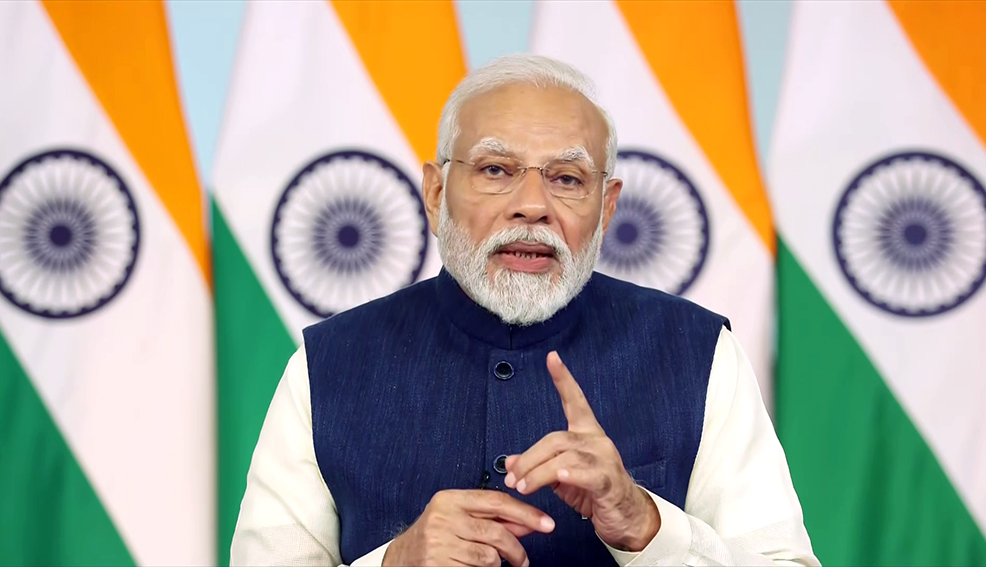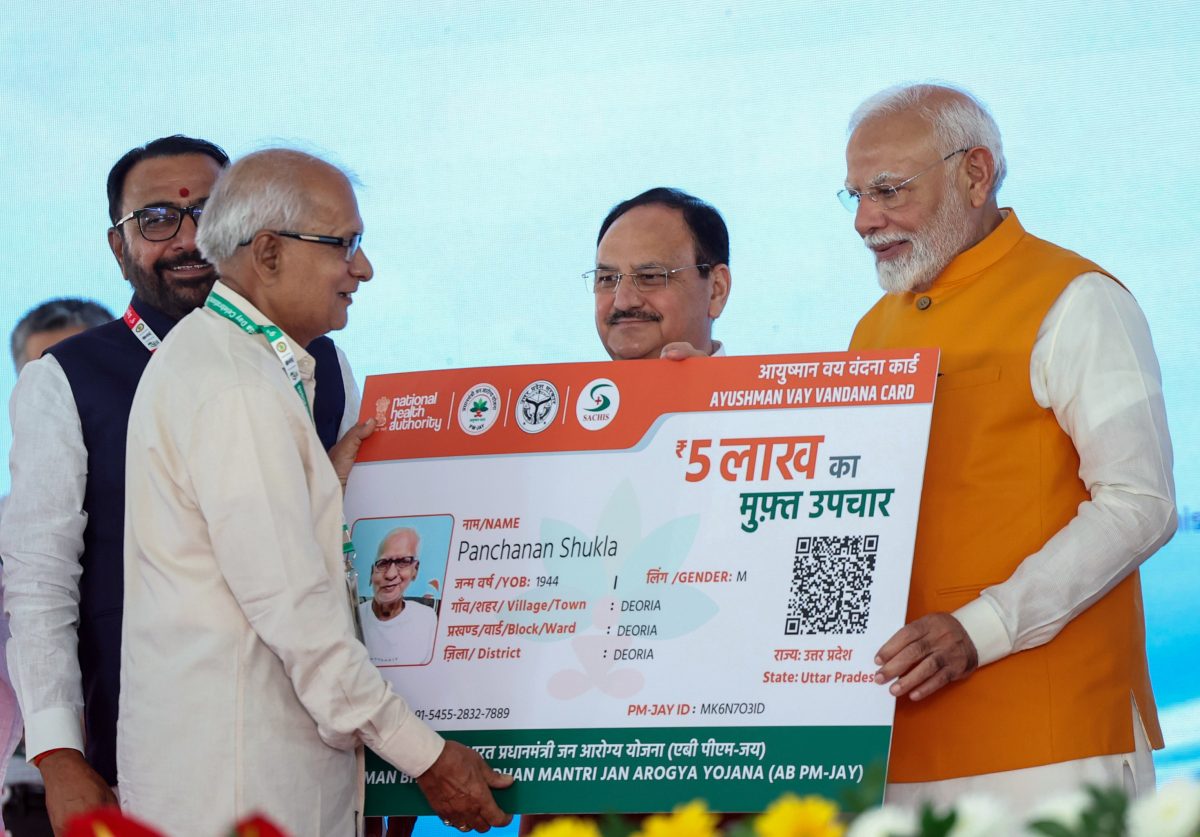India’s first 100% Dimethyl Ether (DME) -fuelled tractor/ vehicle for on- and off-road applications has been developed, initiating a new chapter in the crusade for a sustainable alternate fuel-based transport system.
The country imports most of its crude oil requirements to energise various sectors of the domestic economy. Dimethyl ether (DME) is a suitable alternative since it is renewable. It can be produced indigenously, and several countries, like Japan, USA, China, Sweden, Denmark, and Korea, are already using DME to power their vehicles. However, the use of DME in IC engines remains uncharted territory in the Indian subcontinent.
To bring the country up to speed in renewable energy sector, researchers at IIT Kanpur developed a 100% DME-fuelled engine with a mechanical fuel injection system. It exhibited higher thermal efficiency and lower emissions than the baseline diesel engine.
The DME-fuelled engine emitted extremely low particulate and soot emissions and almost no smoke without using expensive exhaust gas after-treatment devices and advanced engine technologies, making it a viable alternative fuel and engine technology to adapt to conventional diesel engines used in our economy’s agricultural and transport sectors.
The research supported by the Science and Engineering Research Board (SERB), an attached institution of the Department of Science and Technology (DST), was dove-tailed into the 'Methanol Economy' program of NITI Ayog and could reduce India’s oil import bill and greenhouse gas (GHG) emissions by converting vast domestic coal reserves, low-value agricultural biomass waste, and municipal solid waste into methanol and DME for variety of applications including powering the tractors/ vehicles.
The researchers tackled the challenge of a lower calorific value of DME and higher compressibility than baseline diesel by developing a customised high-pressure mechanical fuel pump of higher pressurisation capacity. Besides, customised mechanical injectors of higher nozzle hole diameters than the baseline design were used for DME adaptation and diesel equivalent power generation. Lubricity additives enhanced DME’s lubricity. DME-compatible materials were used in the fuel injection equipment (FIE) developed in this study. The fuel supply and return lines were made of DME-compatible materials. Customised DME tanks were developed.
The researchers used 3D computational modelling to find the optimum FIE system design for DME induction. After this, investigations were carried out to study DME’s macroscopic and microscopic spray characteristics using high-speed imaging and phase Doppler interferometry (PDI). Based on the results from these studies, a dedicated FIE was developed for the DME-fueled engine prototype development. The DME engine was tested under full throttle performance (FTP) and part throttle and part load (PTPL) test conditions at the engine research laboratory of IIT Kanpur
The DME-fuelled engine exhibited higher brake thermal efficiency. It produced negligible soot while significantly reducing HC, CO, and CO2 emissions. The results are published in journals such as ‘Energy Conversion and Management’ and ‘Fuel’. The developed engine prototype was installed into the tractor and successfully operated by the industrial partner, TAFE TMTL, Alwar.
The developed DME Tractor is projected to be a cost-effective and environmentally friendly solution for agricultural applications. In addition, the simplified engine technology without using expensive and hard-to-maintain emission control devices makes it user-friendly, and the tractor can comply with the most-stringent emission legislations applicable today and in the future. The exhaust from the DME fuelled tractor is smokeless, improving the ambient air quality on the farms and in the agricultural sector.
Tapas Bhattacharya's Report




















